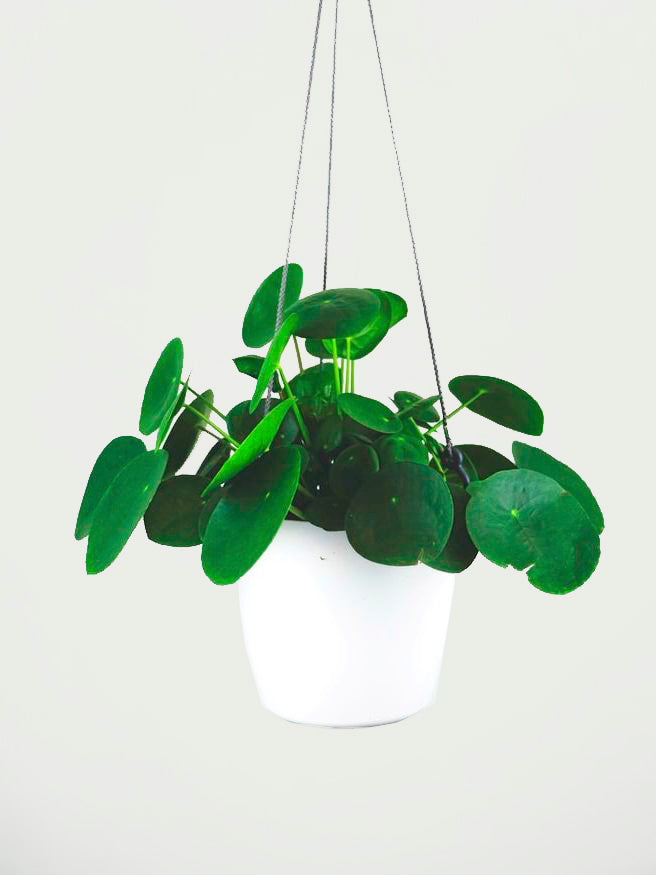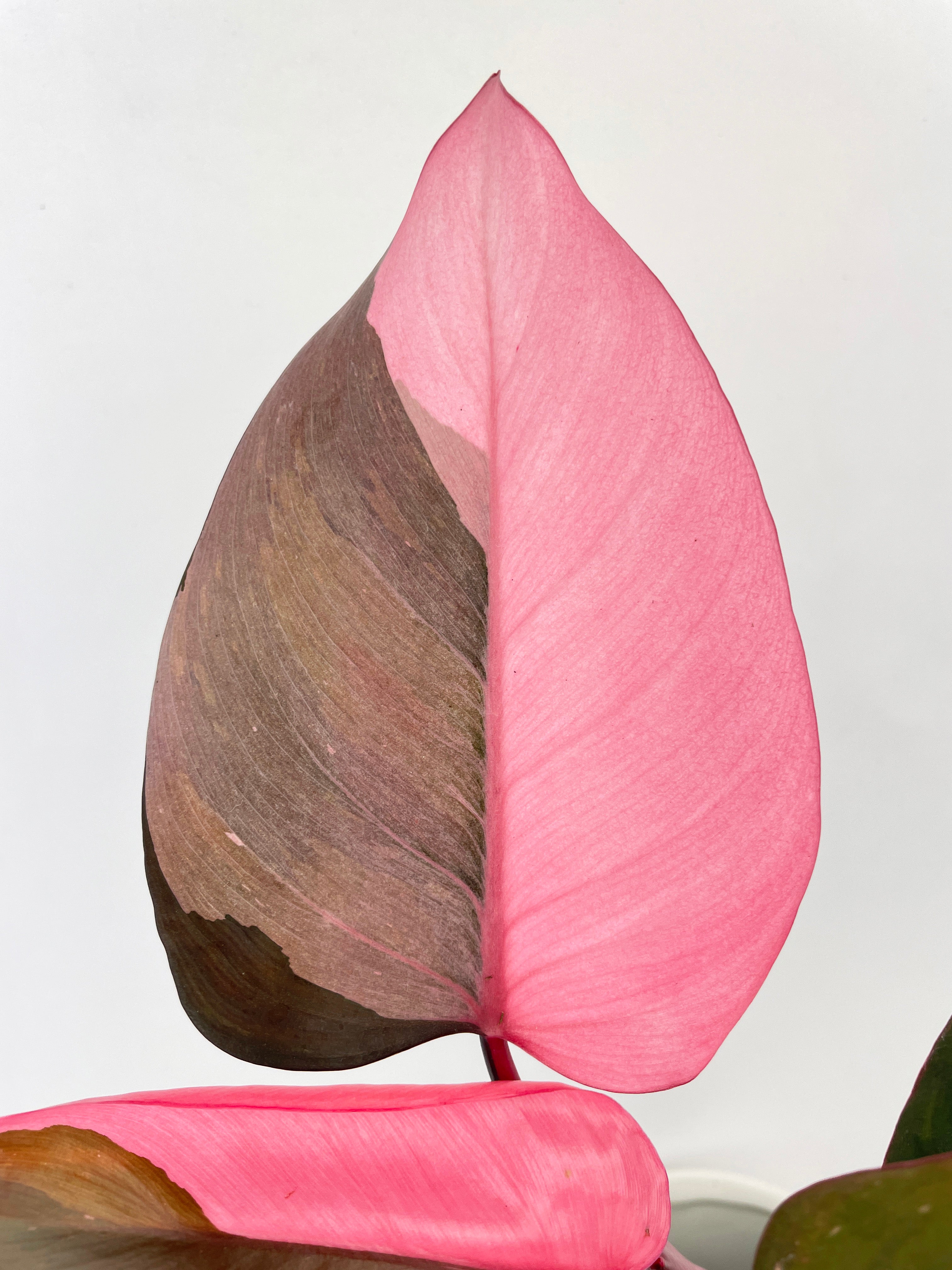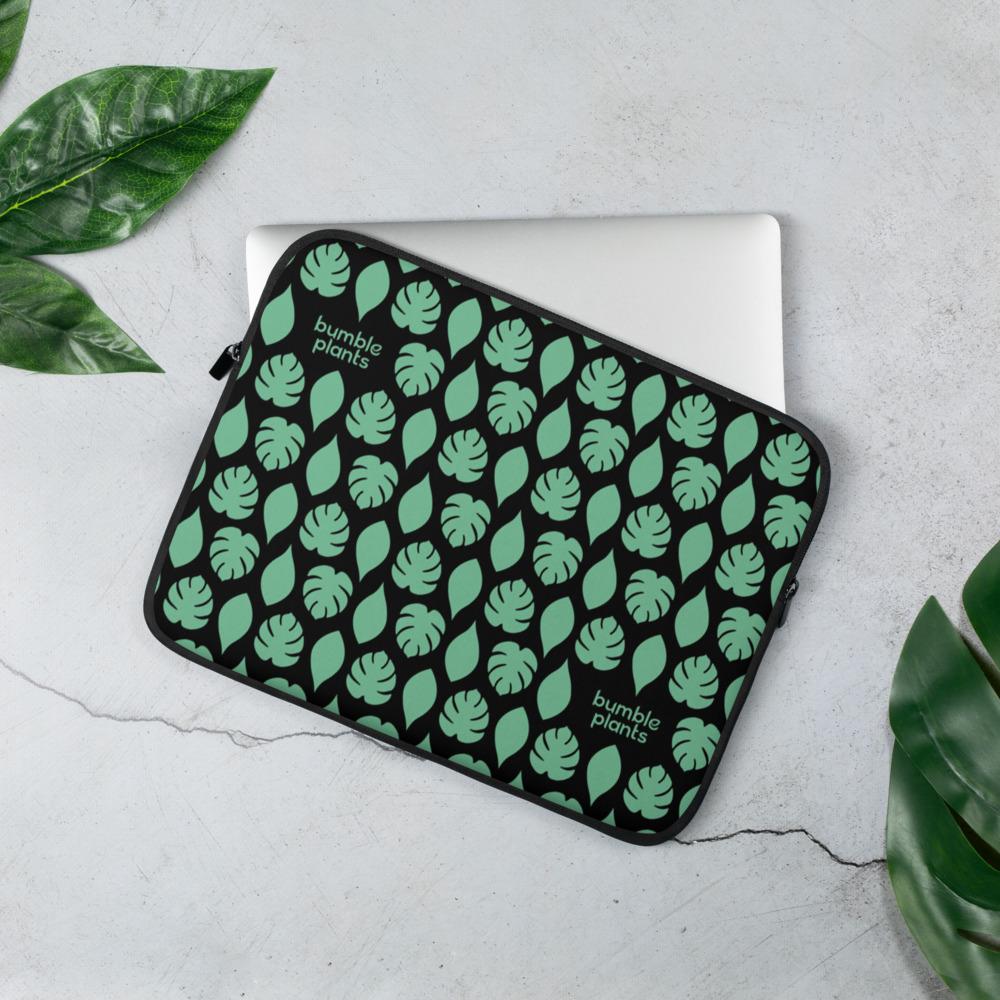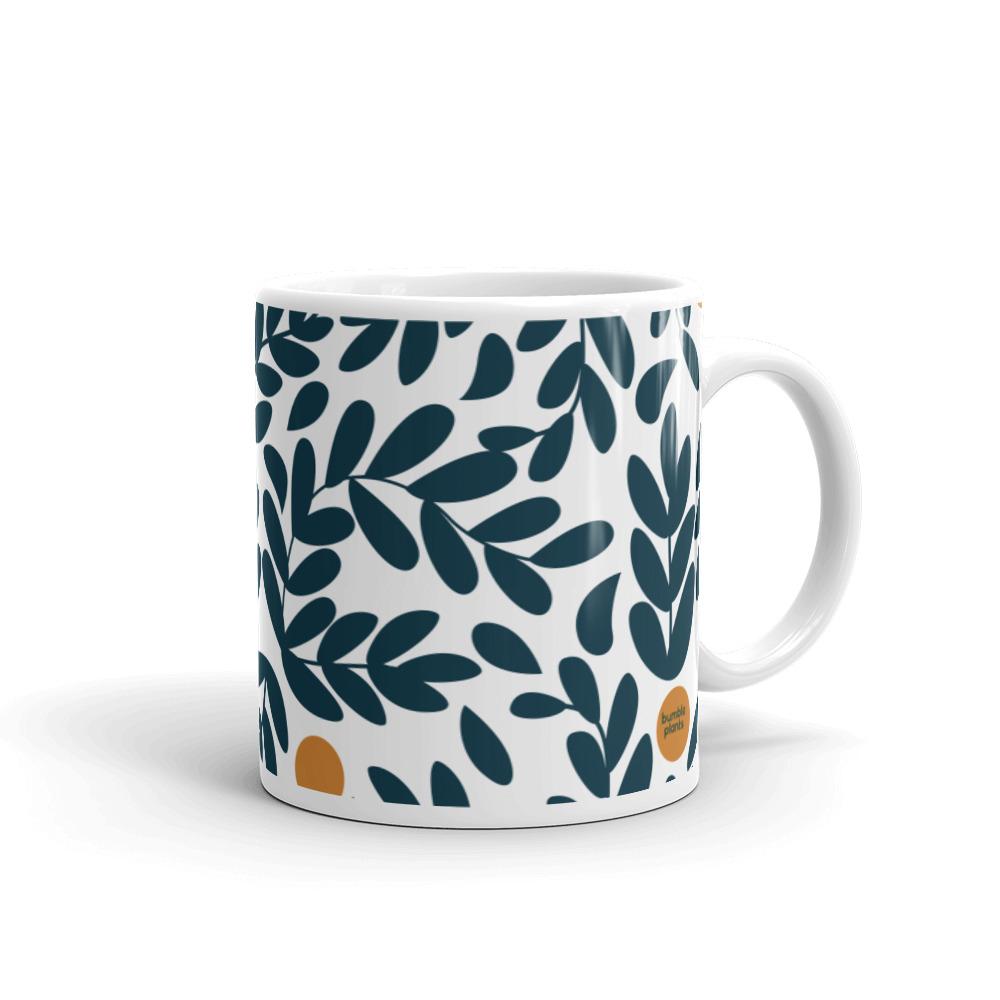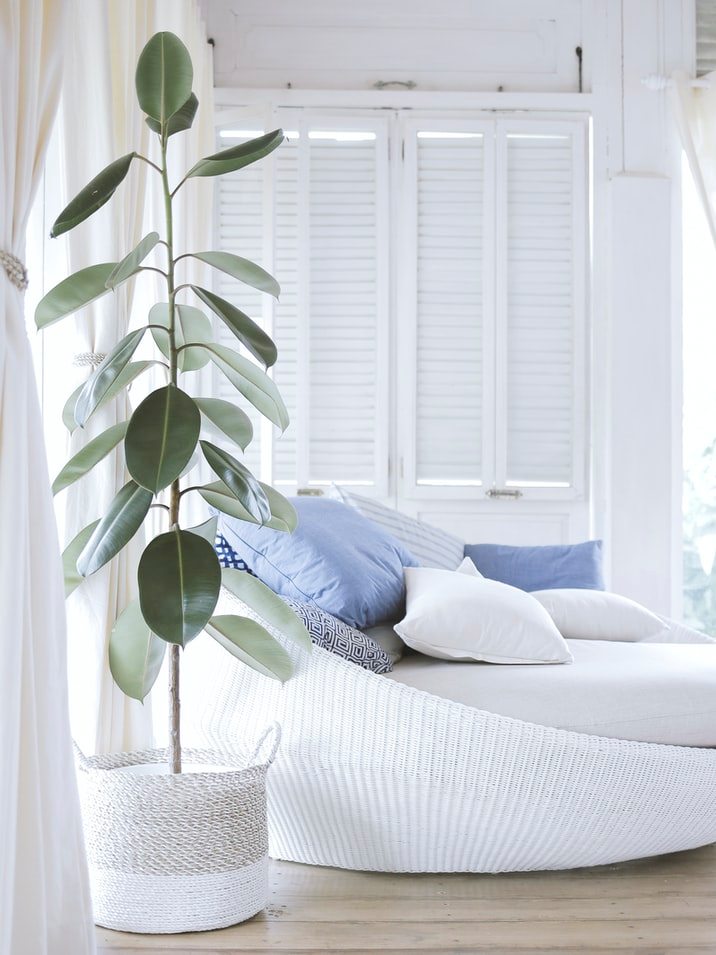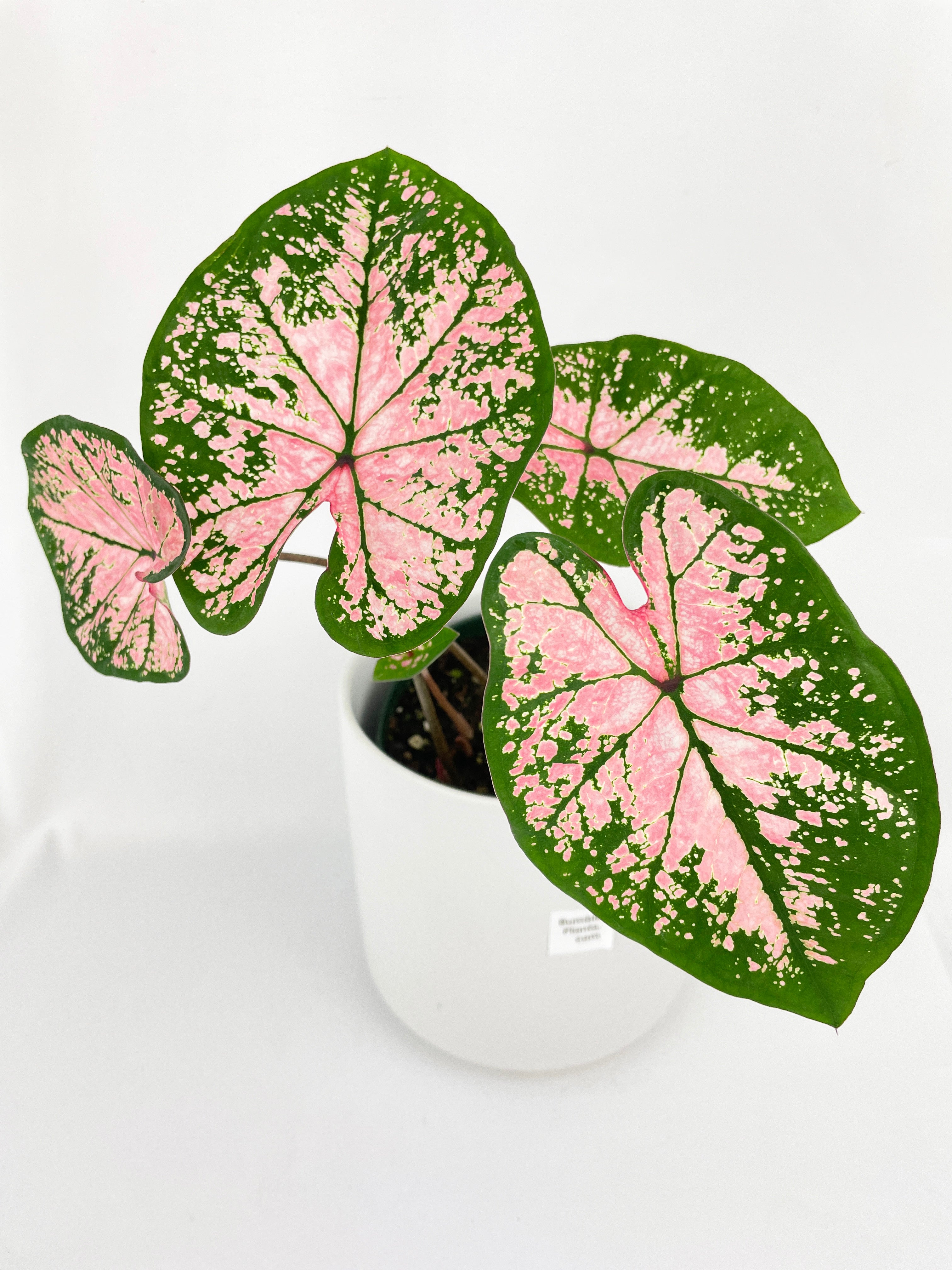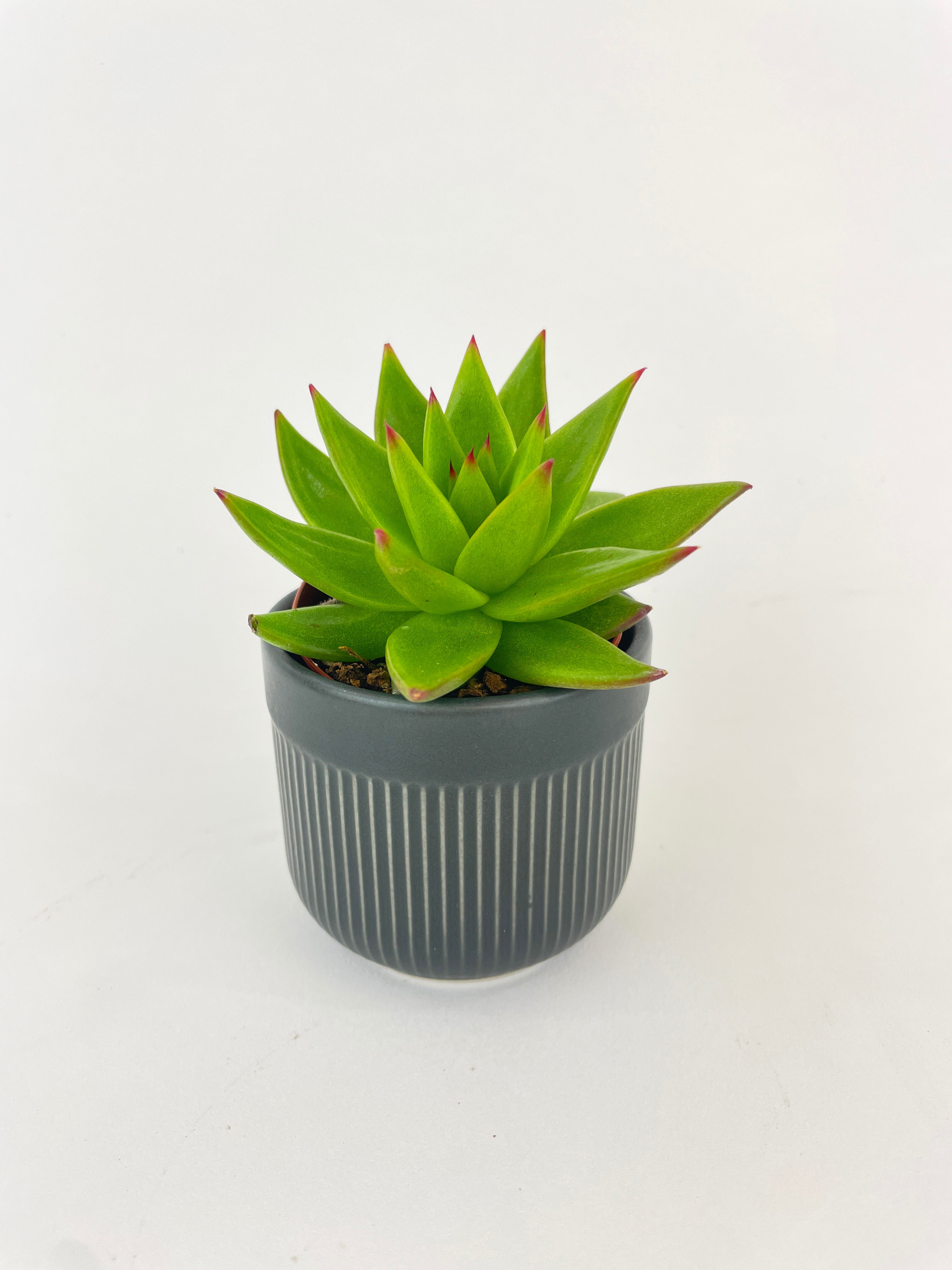The Variegated Strawberry Begonia (Begonia erythrophylla) is a striking houseplant known for its distinctive foliage and vibrant appearance. With its attractive, heart-shaped leaves often showcasing a mix of green, silver, and red hues, this plant makes a fantastic addition to any indoor garden. Below, we’ll explore the key aspects of caring for a Variegated Strawberry Begonia to ensure it thrives in your home.
Variegated Strawberry Begonia
Watering
The Variegated Strawberry Begonia prefers its soil to remain consistently moist but not soggy. Water the plant when the top inch of the soil feels dry to the touch. Overwatering can lead to root rot, so be sure to use a pot with good drainage. It's generally best to water the plant in the morning to allow excess moisture to evaporate throughout the day.
Light
This begonia thrives in bright, indirect light. Direct sunlight can scorch its delicate leaves, so it’s best to place it near a window with filtered light or in a well-lit room. If the plant isn't getting enough light, you might notice reduced variegation and slower growth.
Temperature
The Variegated Strawberry Begonia enjoys temperatures between 65°F and 75°F (18°C to 24°C). It’s sensitive to cold and should be protected from temperatures below 50°F (10°C). Keeping the plant in a stable temperature range helps promote healthy growth and vibrant foliage.
Soil Mix
A well-draining soil mix is crucial for the health of this plant. Use a blend of peat moss, perlite, and pine bark to create a light, airy medium that prevents waterlogging. A commercially available potting mix for begonias or African violets can also work well.
Humidity
High humidity is beneficial for the Variegated Strawberry Begonia. Aim for a humidity level of 50% or higher. If the air in your home is dry, consider using a humidity tray, room humidifier, or placing the plant in a naturally more humid area like a bathroom.
Fertilizer
Feed your Variegated Strawberry Begonia with a balanced, water-soluble fertilizer every 4-6 weeks during the growing season (spring and summer). Dilute the fertilizer to half strength to avoid over-fertilization, which can lead to leaf burn and other issues.
Toxicity
The Variegated Strawberry Begonia is non-toxic to pets and humans, making it a safe choice for households with animals or young children. However, as with any plant, it’s best to keep it out of reach of curious pets who might chew on the leaves.
The Variegated Strawberry Begonia is a beautiful and relatively easy-to-care-for plant that adds a touch of elegance to any indoor space. By providing the right conditions—adequate watering, appropriate light, a suitable temperature range, a well-draining soil mix, high humidity, and proper feeding—you can ensure this striking plant remains healthy and vibrant. With its non-toxic nature and stunning foliage, it’s a fantastic choice for both beginner and experienced plant enthusiasts.

